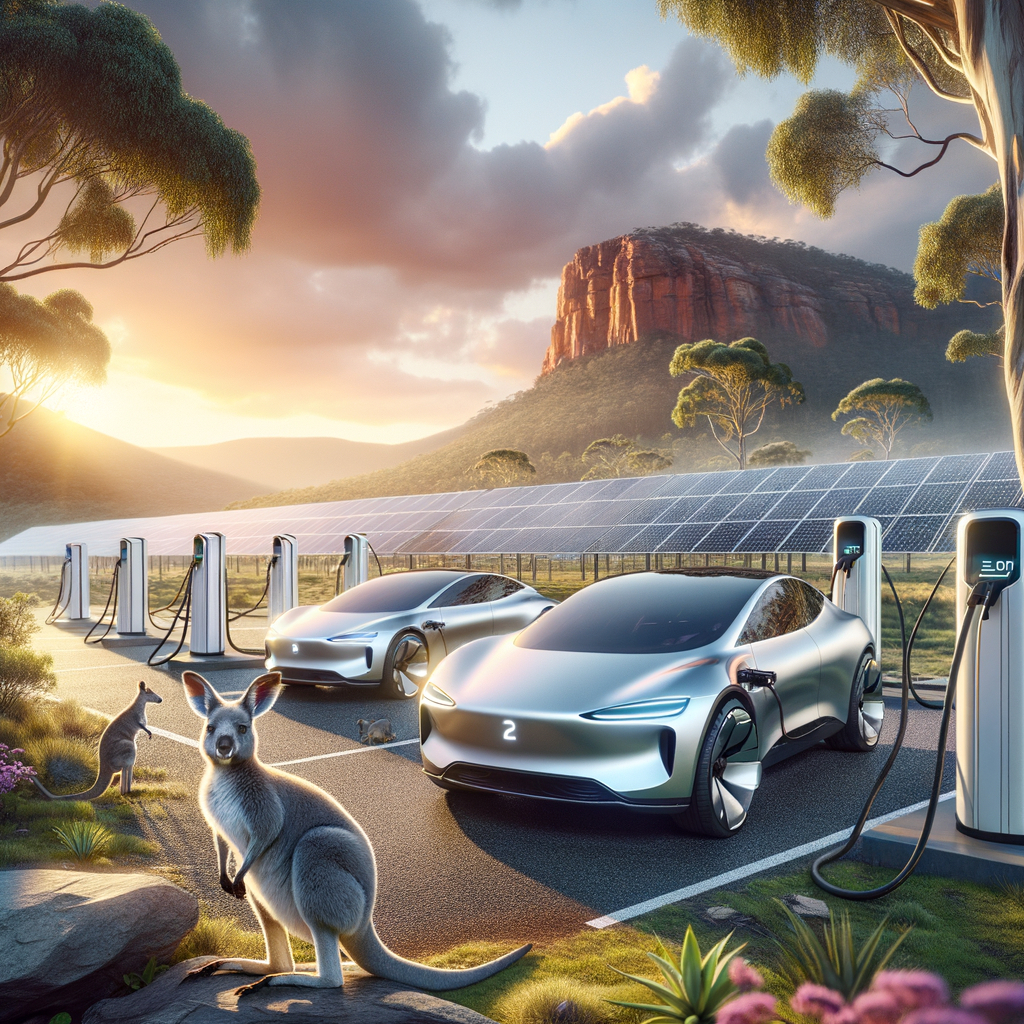Physical Address
304 North Cardinal St.
Dorchester Center, MA 02124
Physical Address
304 North Cardinal St.
Dorchester Center, MA 02124

The Australian automotive industry is on the cusp of a significant transformation. The advent and rapid advancement of electric vehicles (EVs) have heralded an era where sustainable, clean energy solutions are not only desired but increasingly necessary. This article delves into the future of electric vehicles in Australia, exploring their potential impact and the challenges that lie ahead.
There’s no denying that climate change is a pressing issue globally, and Australia is not immune to its effects. As such, there’s been a noticeable shift towards sustainable practices across various sectors, including transportation. Electric vehicles represent one of the most promising developments in this regard.
Unlike traditional cars that run on petrol or diesel, EVs operate on electricity — a renewable resource. They produce zero tailpipe emissions, contributing significantly less to air pollution and greenhouse gas emissions. Given that transport accounts for nearly 18% of Australia’s total greenhouse gas emissions, transitioning to EVs could potentially revolutionise our approach to environmental conservation.
Despite global trends indicating a surge in EV adoption, Australia has been slower on the uptake. As of 2020, electric vehicles made up just 0.7% of new car sales in the country. However, this figure belies the growing interest among Australians for more environmentally friendly transport options.
A survey conducted by The Climate Group revealed that two-thirds of Australians would consider purchasing an electric vehicle as their next car if it were affordable. Moreover, numerous reports suggest that EV prices will reach parity with conventional cars within this decade due to advancements in battery technology and economies of scale.
The future looks bright for electric vehicles in Australia. The government has set ambitious targets for EV adoption, aiming to have at least 50% of all new car sales be electric by 2030. Several initiatives are underway to promote EVs, including tax incentives, subsidies for charging infrastructure, and public awareness campaigns.
Moreover, automakers are also rising to the occasion. Brands like Tesla, Nissan, and Hyundai are expanding their range of electric models available in Australia, making it easier for consumers to find an EV that suits their needs and budget.
While the potential benefits of transitioning to electric vehicles are immense, several challenges need addressing. One significant hurdle is Australia’s vast geography which necessitates a robust charging infrastructure spanning urban and rural areas alike.
Another challenge lies in sourcing the electricity needed to power EVs from renewable sources. Currently, much of Australia’s electricity comes from coal-fired power stations. To truly realise the environmental benefits of electric vehicles, we must transition towards cleaner energy generation methods.
Technology will play a vital role in overcoming these challenges. Developments in battery technology will increase the range of EVs and reduce charging times — making them more convenient for long-distance travel. Similarly, advancements in renewable energy technologies can ensure a sustainable supply of electricity for these vehicles.
The shift towards electric vehicles is not just about technological innovation; it requires a collective effort from government bodies, automakers, energy providers and consumers alike. By working together towards this common goal, we can ensure that the future of transportation in Australia is sustainable, clean and efficient.
In essence, while the journey may be fraught with challenges, the destination – a future where electric vehicles dominate Australian roads – holds promise for both our environment and our economy. As we continue to navigate this path, one thing is certain: the future of electric vehicles in Australia is not just a possibility, but an inevitability.